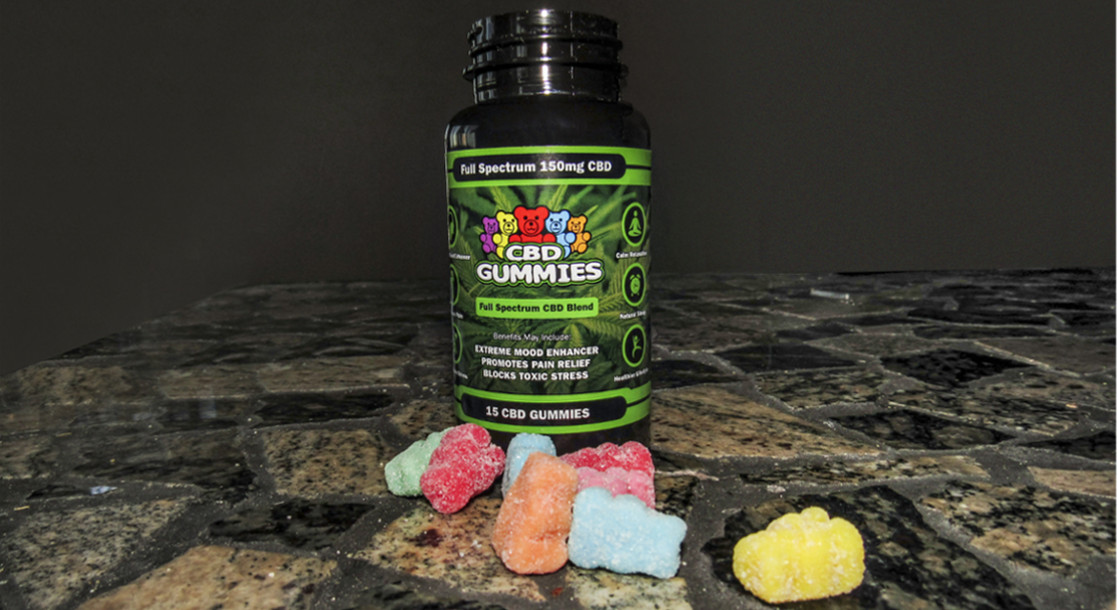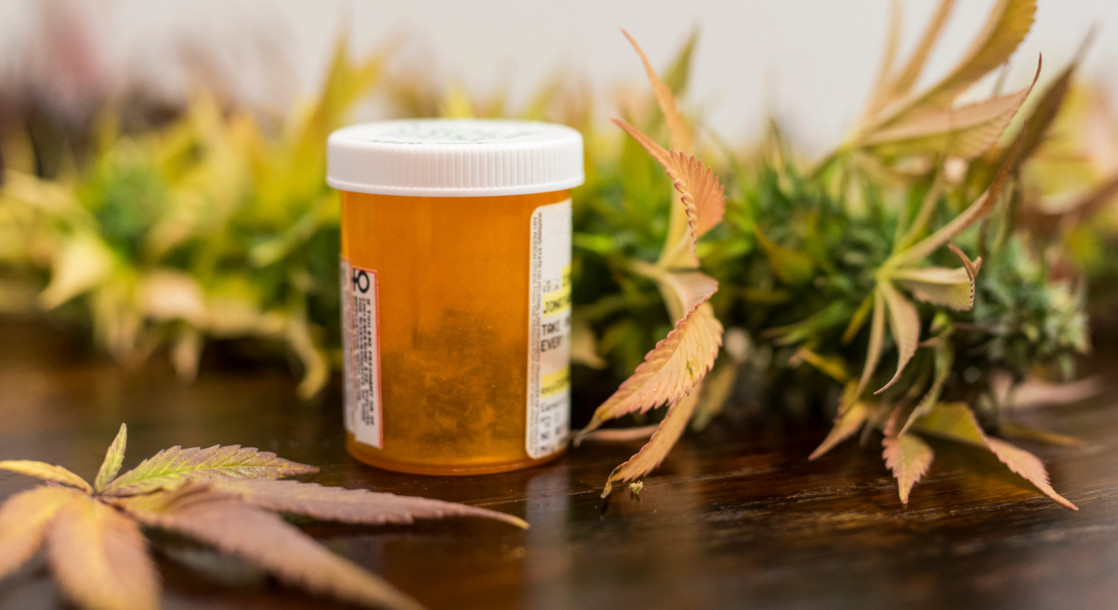Photo via VaporVanity
Last week, a joint task force of local, state, and federal law enforcement raided 23 stores in Rutherford County, Tennessee, ultimately indicting 21 people for selling CBD edibles. The “Operation Candy Crush” raid was conducted after Rutherford County Sheriff Mike Fitzhugh reported that parents told him their child had come into possession of CBD candies. All of the businesses accused of selling these products were padlocked and had their cash registers seized, but were allowed to reopen and return to business last Friday.
In 2017, Tennessee legislators legalized the sale of hemp-derived CBD edibles or topical products, as long as said products contain less than 0.3 percent THC. The business owners arrested during these raids have all said that the products they sold were fully legal under this state law. Sixteen of the business owners were arraigned on Friday, and all of them entered pleas of “not guilty.”
"The petition alleged these items being sold were laced with marijuana," said attorney Jim Todd, who is representing some of the business owners in this case, in court Friday, according to local NBC affiliate WSMV. "We believe that to be untrue. How could an owner know they're selling something illegal if there's nothing in the code to say it's illegal?” Todd argued that in order to have grounds to arrest these business owners, “the state has to show that they knew this was a controlled substance and they sold it,” but that “they failed” to do so.
Prosecutors will be taking the seized CBD products to a state testing lab to determine whether or not they comply with state law. "When the chemists say that products are being sold that are controlled substances, they have the duty to act and bring it to the judge," said attorney John Zimmerman, who is handling the case for the state. A hearing will be held on March 19th to determine whether the CBD edibles are legal or not. Until that time, local law enforcement is keeping the money seized from these stores, while prohibiting them from selling CBD products.
Similar confusion over the legality of CBD products has been plaguing local business owners in Indiana over the past year. The state approved an extremely limited medical cannabis law early last year, allowing a number of patients suffering from epilepsy to take CBD oil as treatment. But despite this law, Gov. Eric Holcomb ordered state excise police to raid several stores and seize CBD products, and demanded that stores remove any CBD products containing even trace amounts of THC. These stores now face heavy civil fines, unless a new bill that would clarify the legality of these medicines is approved by state legislators this year.











